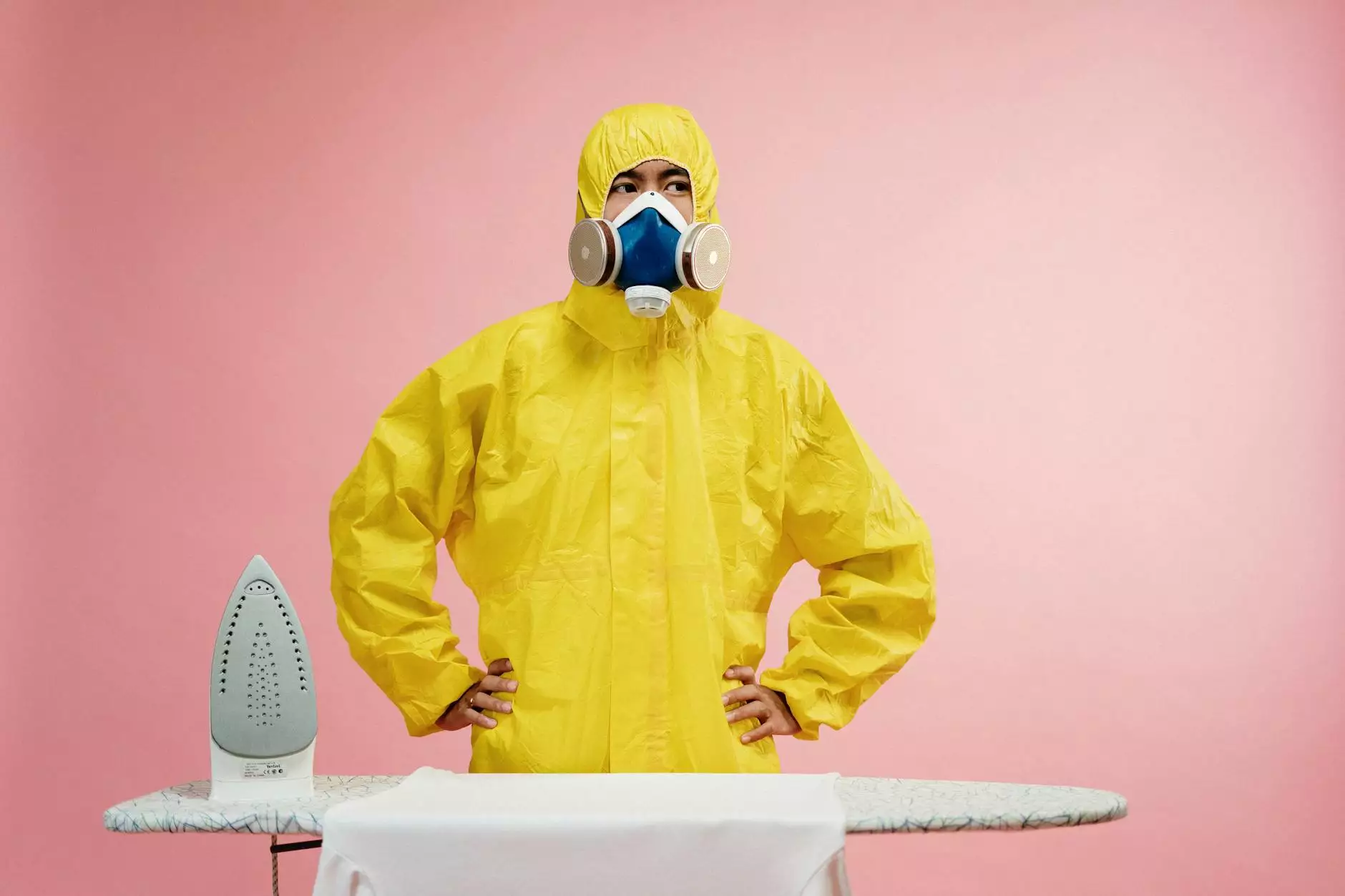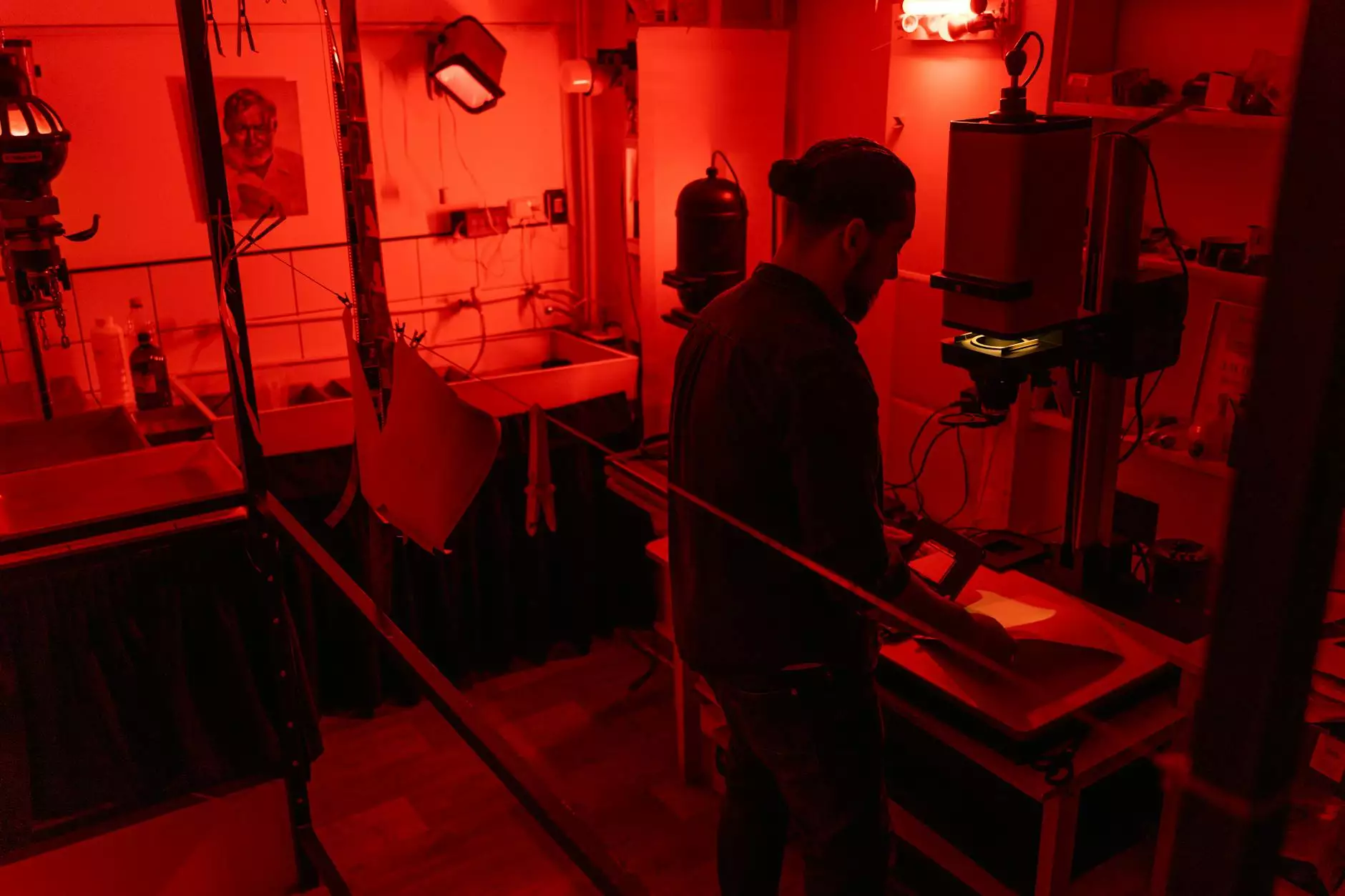The Growing Importance of Biohazard Remediation Technician Jobs

Biohazard cleanup is a critical service in today's world, and the demand for skilled professionals in this field is on the rise. As society becomes increasingly aware of health risks associated with biohazardous materials, the role of biohazard remediation technicians becomes pivotal. This article delves deep into the realm of biohazard remediation technician jobs, providing insights into the responsibilities, required skills, job outlook, and tips for aspiring technicians.
Understanding Biohazard Remediation
Biohazard remediation encompasses the process of cleaning up hazardous materials, which can include anything from medical waste to crime scene cleanup. These hazardous materials can pose significant health risks to the public and the environment, making it essential for professionals in this field to act with precision and care.
What is Biohazard Cleanup?
Biohazard cleanup involves the careful removal and disposal of substances that can be harmful to health, such as:
- Blood and bodily fluids: Often encountered in crime scene cleanups or medical-related incidents.
- Medical waste: This includes syringes, contaminated materials, and other hazardous medical refuse.
- Infectious waste: Such as materials exposed to pathogens, including human waste and animal remains.
Fast, effective, and safe remediation is essential not only for the safety of individuals but also for the community at large. Biohazard remediation technicians play a crucial role in maintaining public health standards.
The Role of a Biohazard Remediation Technician
Individuals in biohazard remediation technician jobs undertake a variety of responsibilities that require both physical and emotional resilience. Here are some of the primary duties:
Responsibilities of a Biohazard Remediation Technician
- Performing thorough assessments of biohazardous areas.
- Following strict safety protocols to protect themselves and others from exposure.
- Using specialized equipment for cleaning and disposal.
- Documenting the process for compliance with health regulations.
- Maintaining ongoing training and education regarding biohazard safety standards.
Required Skills and Qualifications
To excel in a biohazard remediation technician role, candidates need a specific set of skills and qualifications:
Essential Skills
- Attention to Detail: Ensuring no hazardous material is left unaddressed.
- Physical Strength: Ability to lift heavy materials and work in challenging environments.
- Problem-Solving Skills: Ability to assess situations quickly and determine the best course of action.
- Knowledge of Safety Regulations: Understanding of OSHA standards and local regulations regarding biohazard cleanup.
Educational Requirements
Typically, a high school diploma or equivalent is required, along with specialized training in hazardous materials handling. Many employers prefer candidates with:
- Certifications: Organizations like the National Institute of Decontamination Specialists (NIDS) offer training programs.
- Experience: While entry-level positions are available, prior experience in the cleaning or medical field can be beneficial.
Job Outlook for Biohazard Remediation Technicians
The demand for biohazard remediation technicians is poised to grow significantly. Recent trends indicate:
- Increased public awareness of health risks associated with biohazards.
- Greater regulatory requirements for biohazard cleanup across various sectors including healthcare, law enforcement, and facilities management.
- The rise of restoration companies that specialize in biohazard cleanup following incidents such as floods, mold, and methamphetamine production.
These factors combined indicate a bright future for those pursuing careers in biohazard remediation.
How to Secure Biohazard Remediation Technician Jobs
Breaking into the field can be competitive, but there are several strategies candidates can employ to enhance their employability:
Networking and Building Connections
Engaging with industry professionals through networking events and specialized training courses can open doors to job opportunities. Online platforms like LinkedIn can also be very useful for connecting with companies in the restoration and remediation business.
Obtaining Relevant Experience
Many employers prefer candidates who have hands-on experience. Consider volunteering or interning with organizations that offer biohazard cleanup services to gain valuable experience and skills.
Continued Education and Certifications
Staying updated on the latest safety protocols and cleanup methods can give candidates an edge. Consider pursuing additional certifications beyond the basic training, such as:
- Hazardous Waste Operations and Emergency Response (HAZWOPER): Essential for managing hazardous materials.
- Bloodborne Pathogens training: Specifically tailored for dealing with biohazardous waste.
Conclusion
The field of biohazard remediation technician jobs is not only fulfilling but also crucial in maintaining a safe and healthy environment for communities. As the importance of public health continues to grow, so does the need for skilled technicians in biohazard cleanup. By equipping themselves with the necessary skills, qualifications, and a dedication to safety, individuals can find rewarding careers in this essential industry.
Final Thoughts on Biohazard Remediation Careers
The responsibility of handling biohazard material carries with it both challenges and rewards. For those who are committed to making a difference and protecting public health while advancing in a dynamic career, biohazard remediation offers an opportunity to thrive. If you're ready to take the first step, explore job openings at industry-leading companies like Biohazard Plus and start your journey towards a fulfilling career in biohazard remediation.









